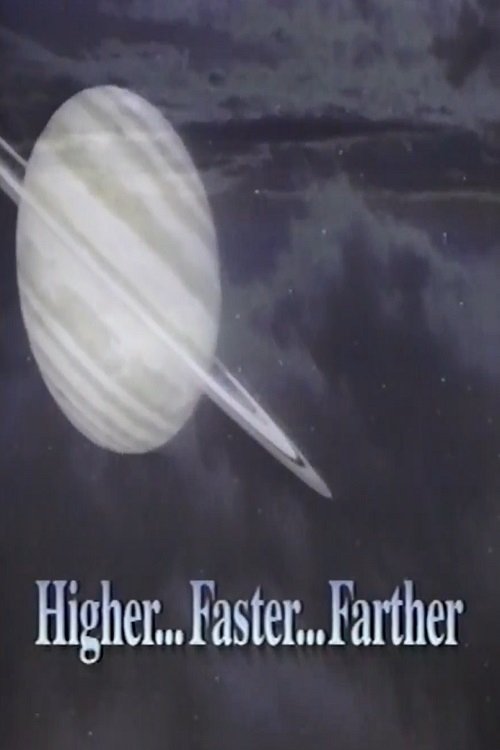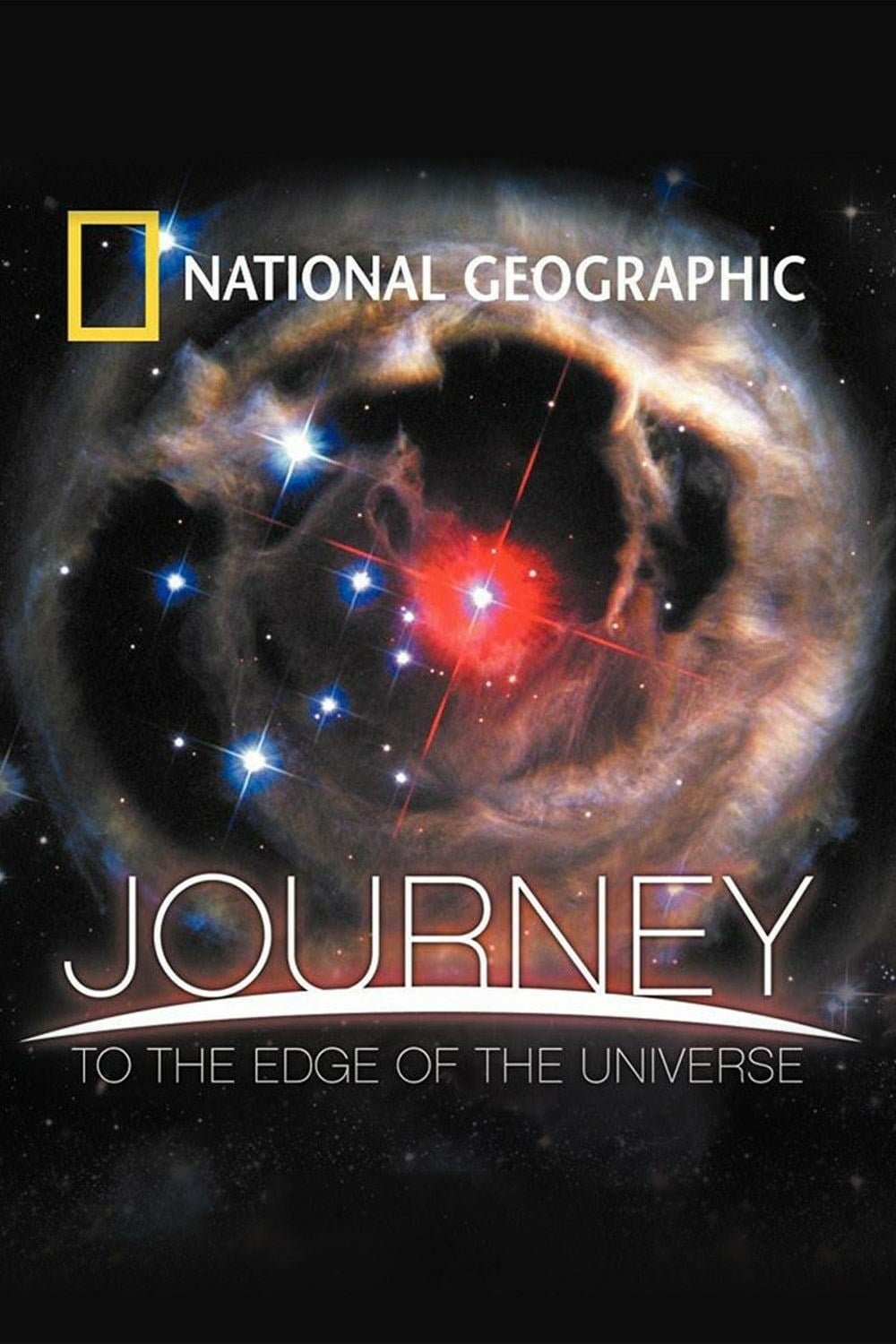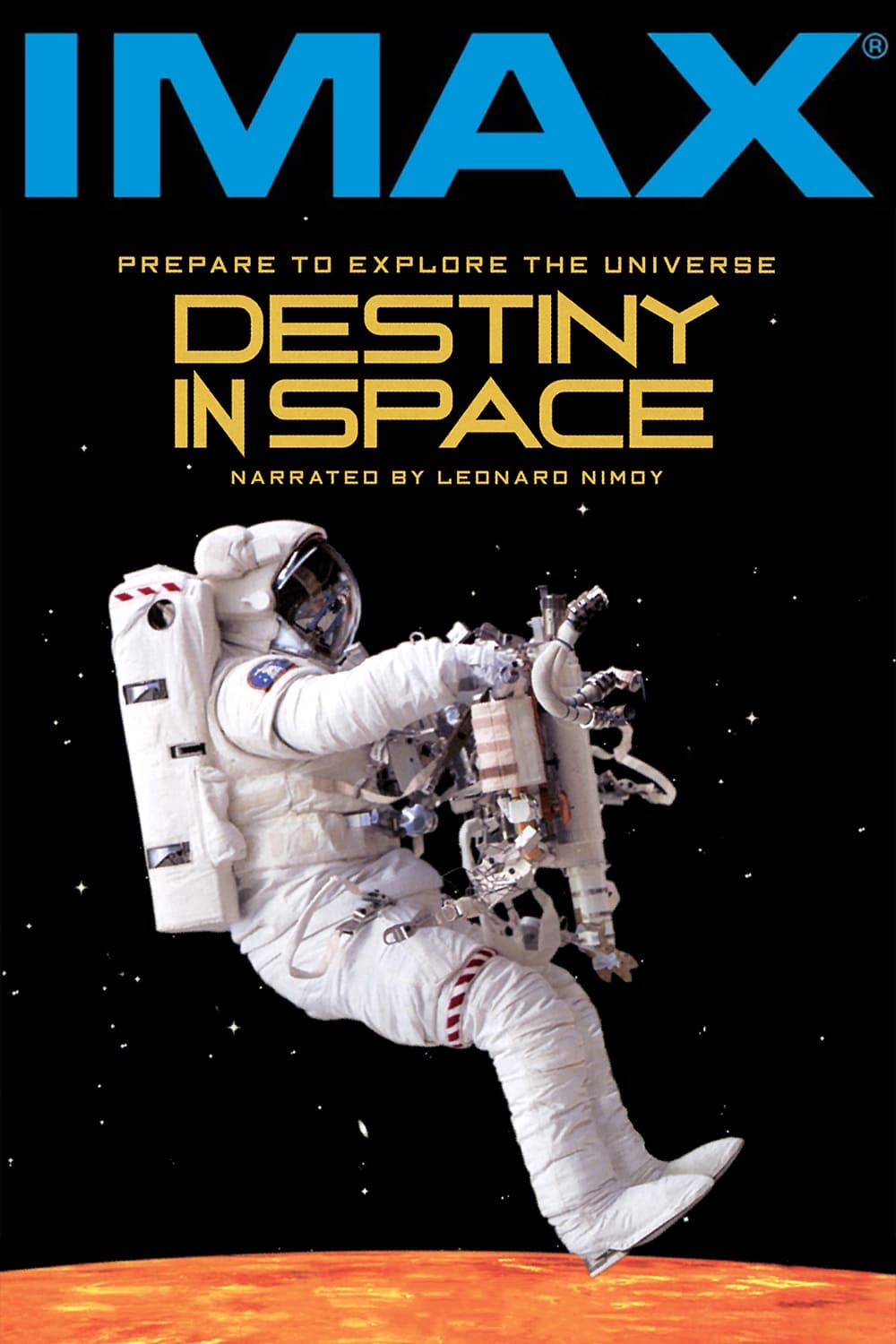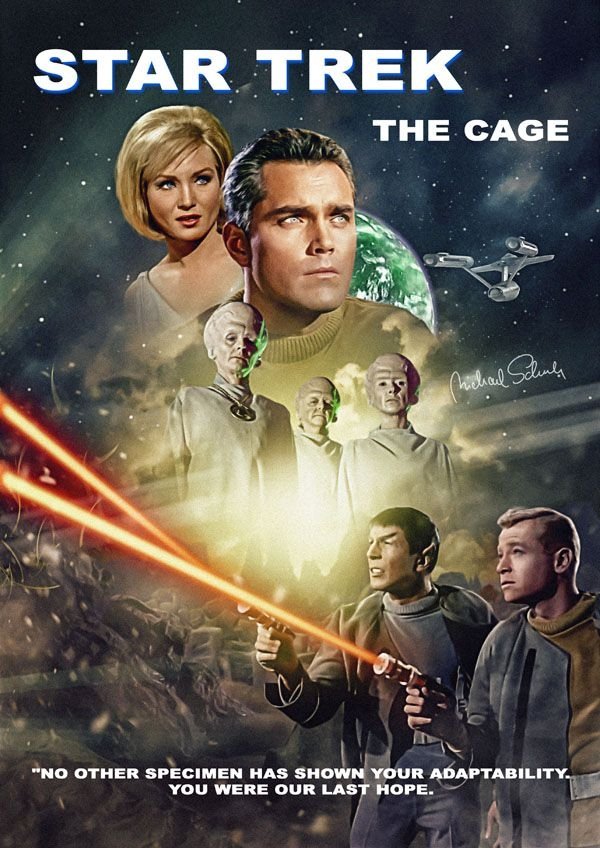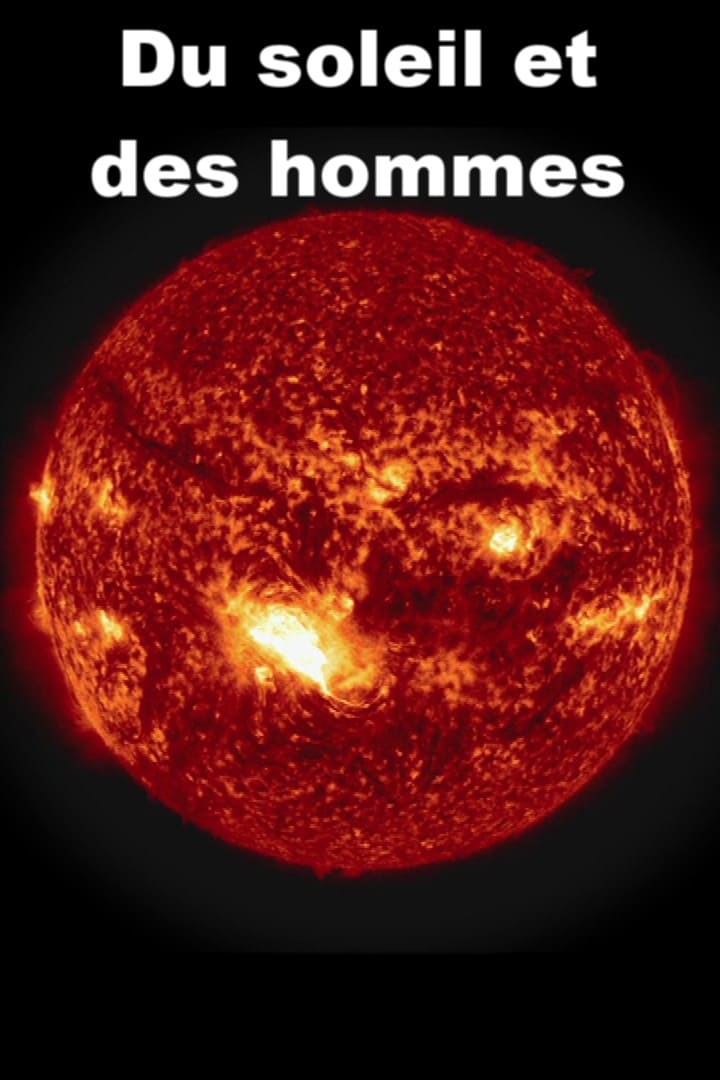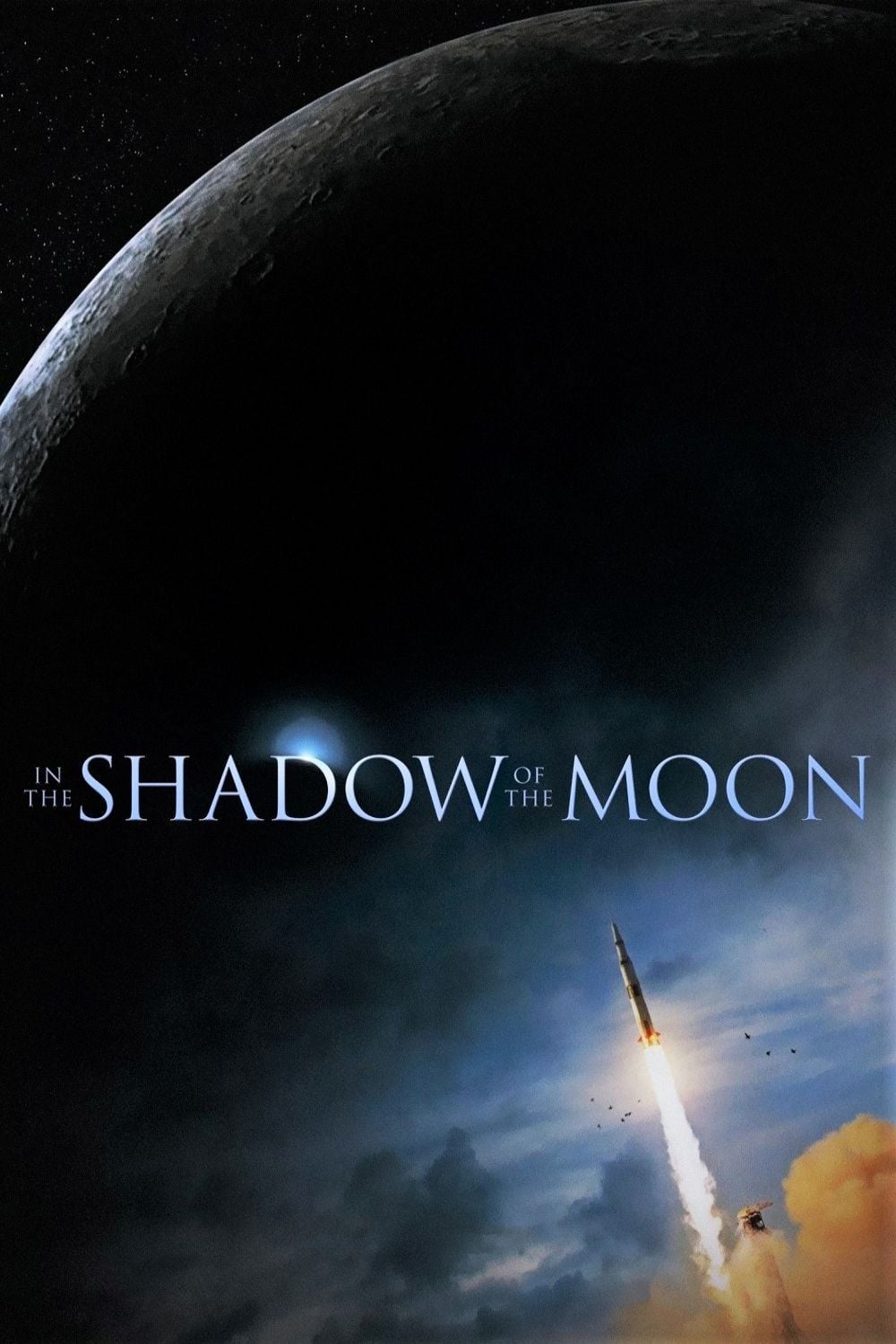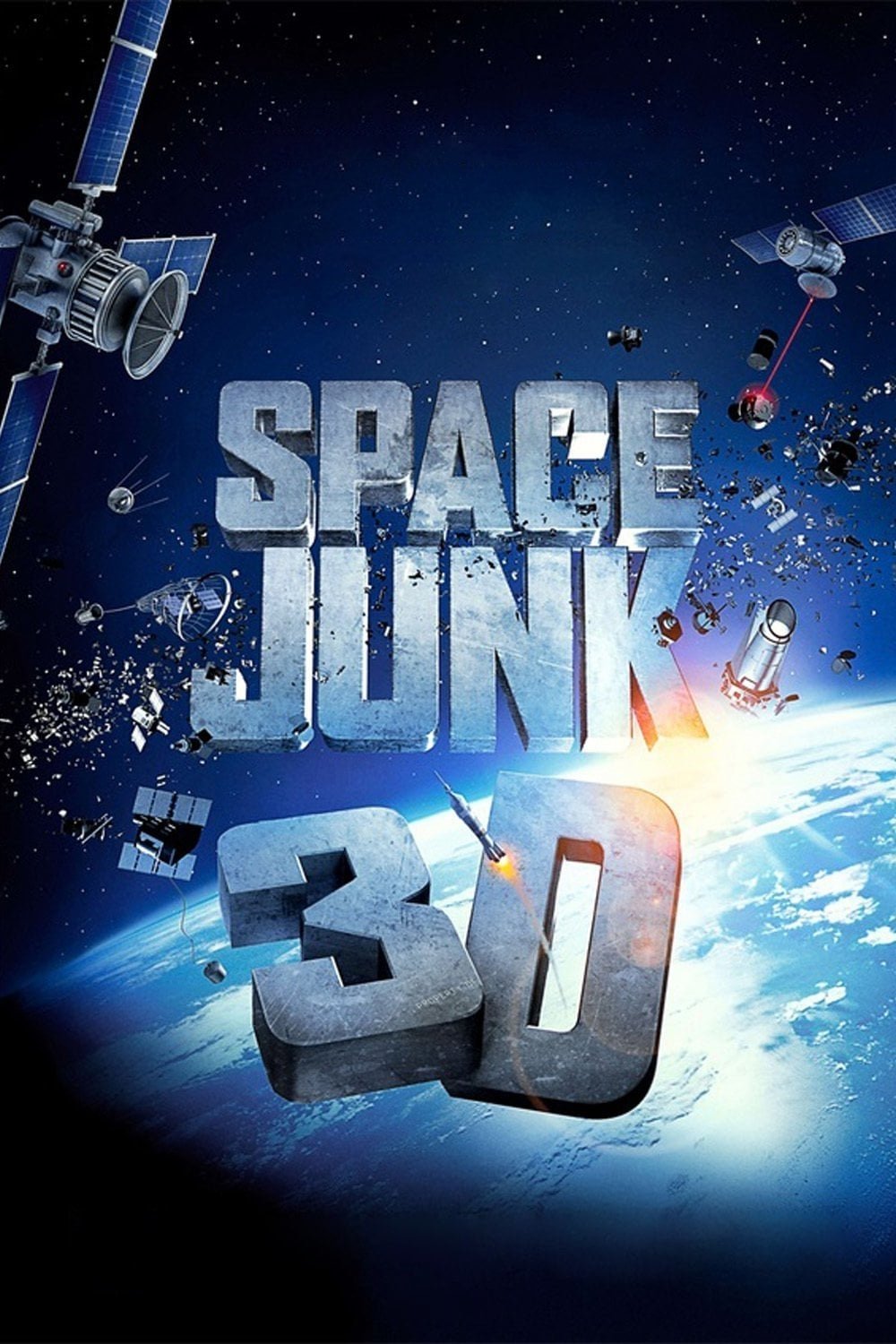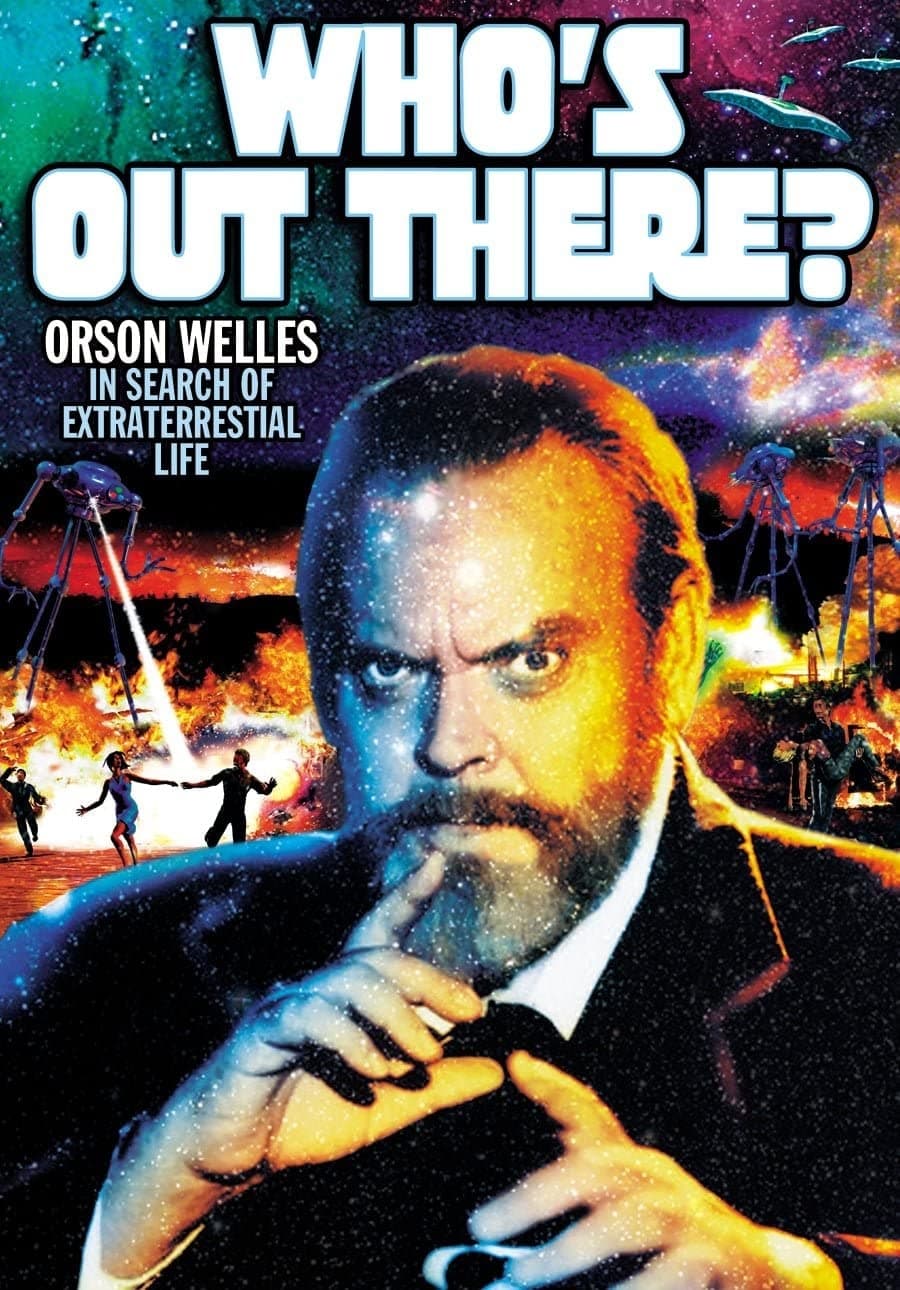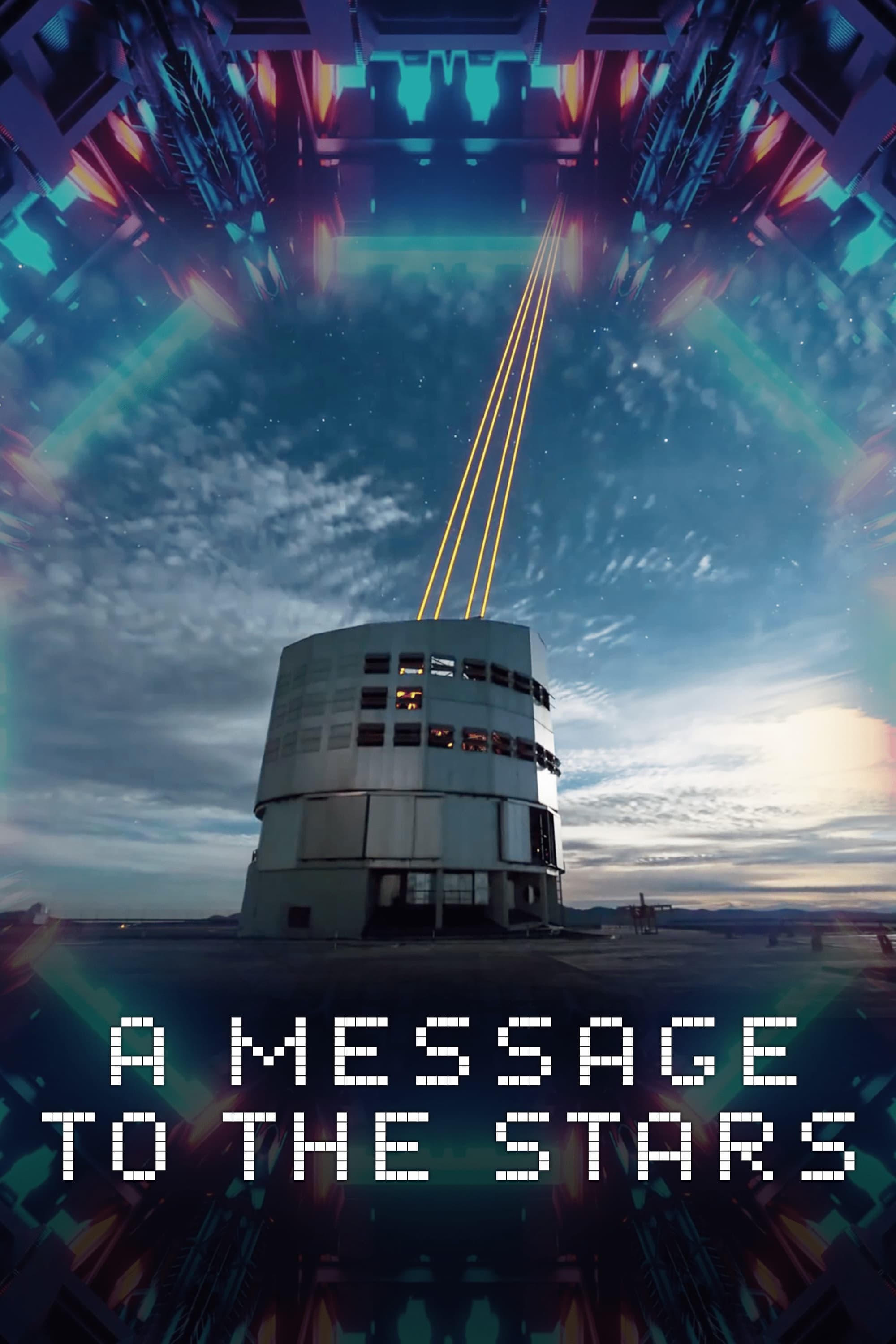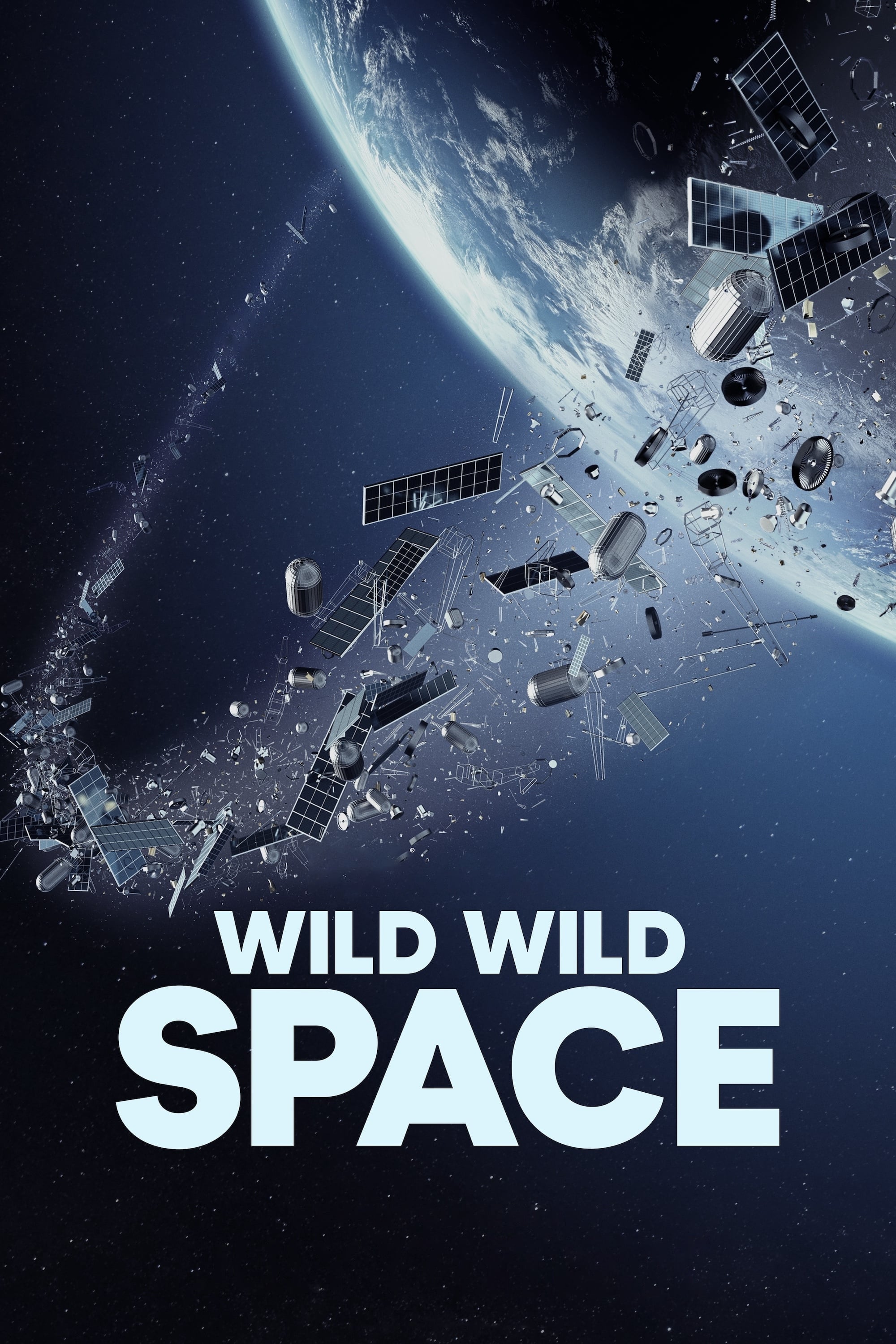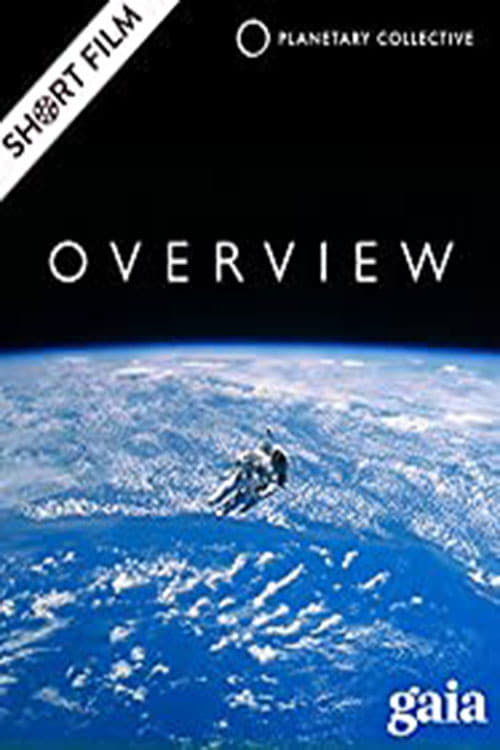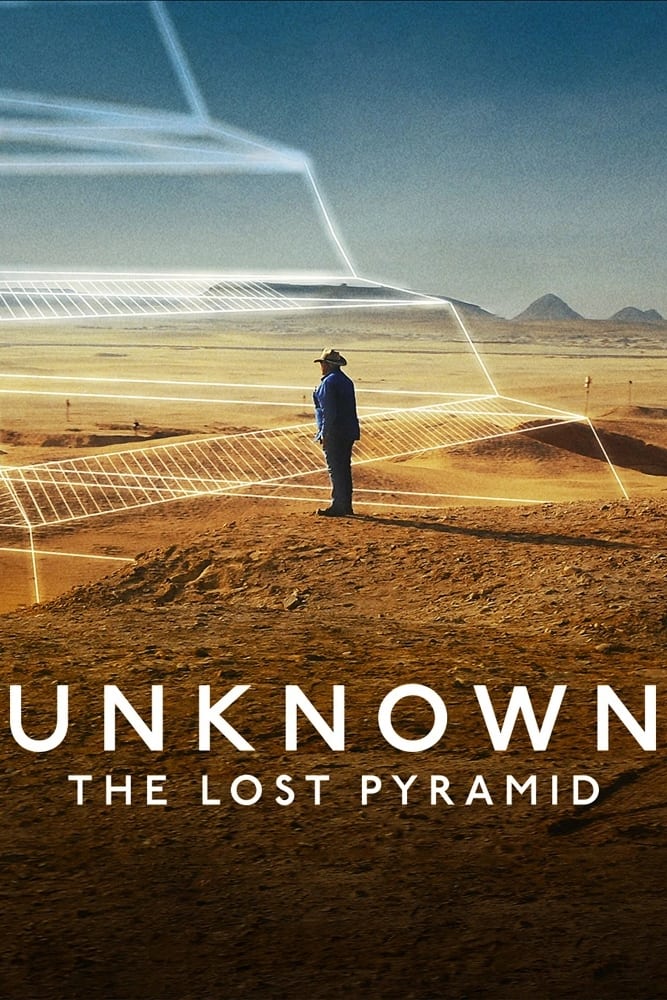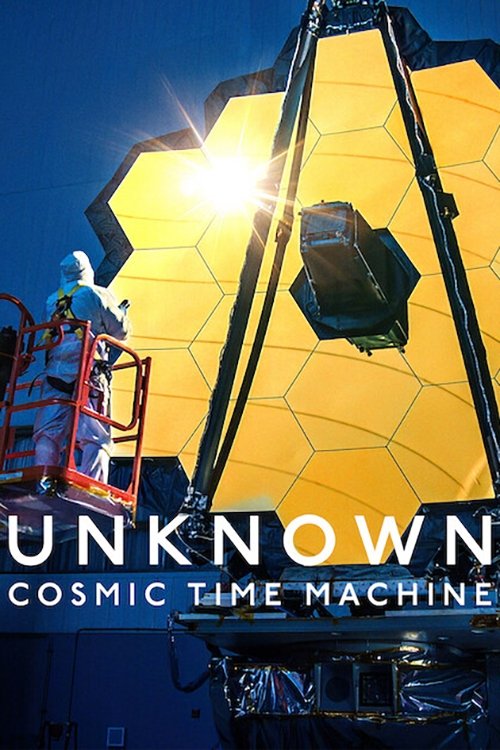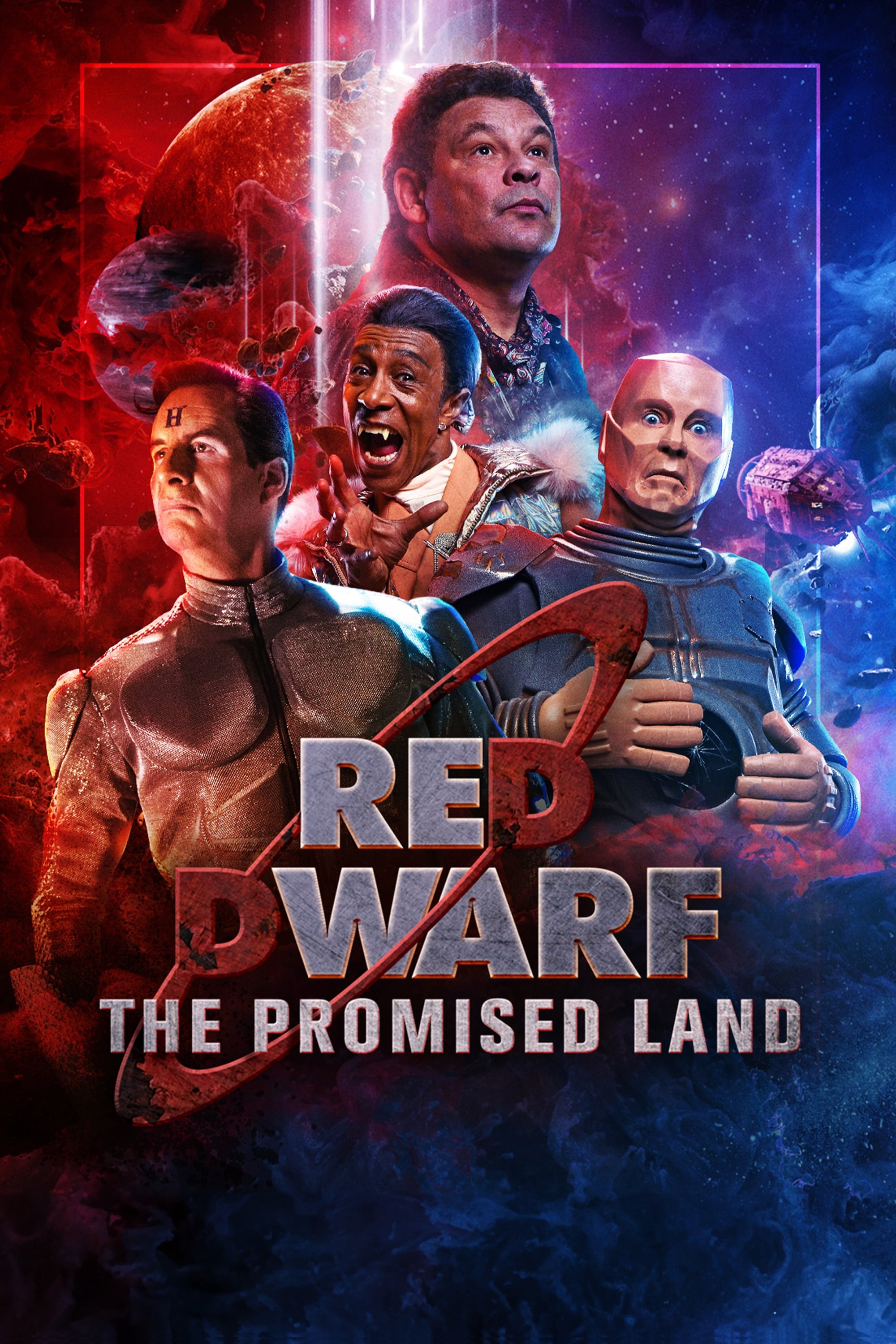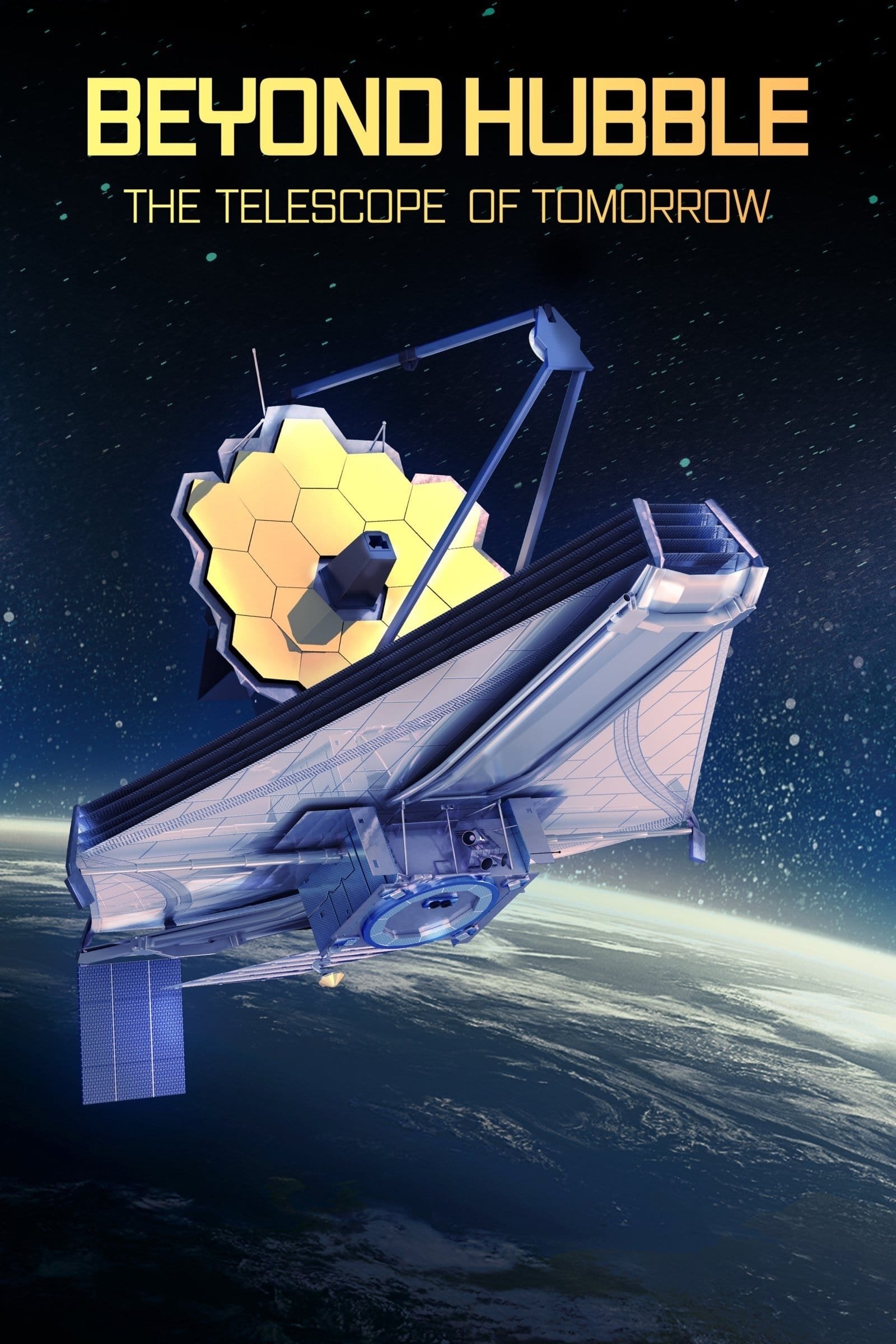
Beyond Hubble: Launching the Telescope of Tomorrow (2021)
Overview
Following engineers and scientists on a groundbreaking mission as they build, test and launch the James Webb Space Telescope, the most powerful observatory ever constructed, and discovers the astonishing cosmological mysteries it will investigate.
Production Companies

Additional Info
| Budget | $0.00 |
|---|---|
| Revenue | $0.00 |
| Original Language | en |
| Popularity | 3.4421 |
Directed By
Martin Gorst
Crew
Martin Gorst
TOP CAST
Similar Movies
Air & Space Smithsonian: Dreams of Flight - Higher Faster Farther
Go higher, faster and farther with the Smithsonian as they explore the dreams of flight.
Doctor Who
The Seventh Doctor becomes the Eighth. And on the streets of San Francisco – alongside new ally Grace Holloway - he battles the Master.
National Geographic: Journey to the Edge of the Universe
In one single, epic camera move we journey from Earth's surface to the outermost reaches of the universe on a grand tour of the cosmos, to explore newborn stars, distant planets, black holes and beyond.
Destiny in Space
Travel alongside the astronauts as they deploy and repair the Hubble Space Telescope, soar above Venus and Mars, and find proof of new planets and the possibility of other life forming around distant stars.
Star Trek: The Cage
Led by Captain Christopher Pike, the crew of the starship Enterprise investigates of a far-off planet which was the site of a shipwreck eighteen years earlier. They encounter telepathic aliens who seek a human male specimen for their menagerie.
Revontulien armoilla
In this documentary, scientists reveal their findings on the influence of solar storms on animal behavior and human transport infrastructure. The documentary explains why solar storms pose a threat to humanity: In extreme cases, they can damage satellites, slow down air traffic and paralyze high-voltage and telecommunications networks.
Der Strand: Tierisches aus dem Ferienparadies
If the beach is synonymous with holidays and relaxation, it is also of capital importance for the animals and plants that flourish there. Between wet towels, umbrellas and sandcastles, the real inhabitants of this golden expanse have developed amazing strategies to adapt to the tourist crowds.
The Sun and Man
The Sun was born way before Man existed. What exact role did the Sun play in the emergence of life and Mankind? When did Humanity identify it? Then deify it? At what point did Man want to understand it? When and how was the Sun used by Man? The Sun is everywhere and is the origin of everything. We are going to show that our culture, our daily lives, our society, our bodies and our lifestyles are all derived from the Sun and are dependent on the Sun. We will go back in time, go back in history to understand the relationship between Man and the Sun.
In the Shadow of the Moon
Archival material from the original NASA film footage – much of it seen for the first time – plus interviews with the surviving astronauts, including Jim Lovell, Dave Scott, John Young, Gene Cernan, Mike Collins, Buzz Aldrin, Alan Bean, Edgar Mitchell, Charlie Duke and Harrison Schmitt.
Space Junk 3D
50 years after launching our dreams into space, we’re left with a troubling legacy: a growing ring of orbiting debris that threatens the safety of earth’s orbits. SPACE JUNK is a visually explosive journey of discovery that weighs the solutions aimed at restoring our planet’s orbits. Experience mind-boggling collisions, both natural and man-made. Soar for the stunning depths of Meteor Crater to an unprecedented view of our increasingly crowded orbits – 22,000 miles above earth. Join us as foremost expert Don Kessler, the “Father of Space Junk,” guides us through the challenges we face in protecting them, forging a new age of space discovery.
Who's Out There?
Orson Welles — with contributions from scientists George Wald, Carl Sagan, and others — examines the possibility and implications of extraterrestrial life. In examining our perceptions of alien 'martians' from his "War of the Worlds" broadcast, to then-modern explorations of Mars, this film from NASA provides a unique glimpse at life on earth, and elsewhere in the universe.
A Message to the Stars
For more than 50 years, we’ve been unsuccessfully searching for any evidence of intelligent extraterrestrial life. But, the discovery of thousands of exoplanets has meant the hope of finding them is higher than ever. If any messages could eventually be decoded and answered in any far, far away star, it could radically transform our consciousness as species and our place in the universe. A message from the stars changes life on Earth… forever.
Breaking Boundaries: The Science of Our Planet
David Attenborough and scientist Johan Rockström examine Earth's biodiversity collapse and how this crisis can still be averted.
Wild Wild Space
Follow three rocket and satellite companies – Astra Space, Rocket Lab, and Planet Labs – and the quests of their idiosyncratic founders to conquer the burgeoning space industry.
Brian Cox: Seven Days on Mars
With unique access to Nasa, Brian Cox follows Perseverance rover’s search for life on Mars during a critical seven-day period as it undertakes an epic journey across the red planet.
The Cultural History of Museums
From the cabinets of curiosities created in Italy during the 16th century to the prestigious cultural institutions of today, a history of museums that analyzes the social and political changes that have taken place over the centuries.
Overview
Astronauts who have seen the Earth from space have often described the 'Overview Effect', an experience that has transformed their perspective of the planet and mankind's place upon it, and enabled them to perceive it as our shared home, without boundaries between nations or species. 'Overview' is a short film that explores this perspective through interviews with astronauts who have experienced the Overview Effect. The film also features insights from commentators and thinkers on the wider implications and importance of this understanding for humanity as a whole, and especially its relevance to how we meet the tremendous challenges facing our planet at this time.
Unknown: The Lost Pyramid
Egyptian archeologists dig into history, discovering tombs and artifacts over 4,000 years old as they search for a buried pyramid in this documentary.
Unknown: Cosmic Time Machine
A unique behind-the-scenes access to NASA’s ambitious mission to launch the James Webb Space Telescope, following a team of engineers and scientists as they take the next giant leap in our quest to understand the universe.
Red Dwarf: The Promised Land
The posse meet three cat clerics who worship Lister as their God. Lister vows to help them as they're being hunted by Rodon, the ruthless feral cat leader who has vowed to wipe out all cats who worship anyone but him.
